Overview
Sport psychology is a fantastic area of study to think about for people who want to help teams, athletes, and organizations be the best they can be. The best approach to preparing for success in the field is to get a head start at the undergraduate level. Once you know what area of sport psychology you want to specialize in, you may select a graduate program that best meets your goals.
A master’s degree in sports psychology can lead to jobs as a sports psychologist, coach, or rehabilitation counselor. Students in these programs will learn about sports psychology theory and application, biomechanics, and nutrition’s role in sports psychology.
Clinical sport psychologists and PhD-level sport psychology graduates are at the very top of this industry. Clinical sport psychologists are prepared to assist athletes in overcoming any mental challenges they may experience, including depression and eating problems. A PhD in sport psychology is also necessary for people who want to teach at the collegiate level or carry out cutting-edge research in the area.
If any of these things apply to your professional aspirations, earning a degree in sport psychology from one of these accredited Texas universities could help you get there. If you are still interested in working in the realm of sports in the state of Texas, then a Texas sports administration or sports medicine could be good alternatives.
What Will I Learn in a Sports Psychology Program?
Degree Timelines
A sports psychology curriculum can last from 6 to 14 years, depending on your progress and whether you opt to enroll in a master’s or Ph.D. degree.
Curriculum and Example Courses
Many universities provide undergraduate students with the option of majoring, minoring, or concentrating in Sport Psychology. Departments such as psychology, kinesiology, exercise science, and health science frequently offer courses. The following are examples of common undergraduate course offerings:
- Intro to Sport and Exercise Psychology
- Psychology of Sport
- The Psychology of Injury and Recovery
- Introduction to Biometrics
- Psychology of Coaching
- Physiology of Exercise
- Applied Health and Wellness
What Are The Standard Entrance Requirements to Enroll?
Each school has a different set of admission standards. A bachelor’s degree is required to apply to a master’s program, and some programs may set a minimum grade point average (GPA) for undergraduate coursework. Additionally, certain programs may have minimal test results, like the Graduate Record Examination (GRE). A CV, a personal statement detailing your interest in the program and career goals, professional reference letters, and an online application with a non-refundable processing fee can all be required for admission to graduate programs in sports psychology. It should be noted that some graduate programs might call for both a departmental application and a general application to graduate school.
ADVERTISEMENT
Featured Sports Psychology Degree Programs
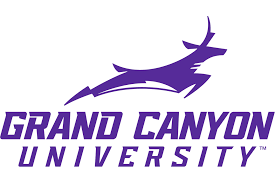
- 100% Online Courses
- Affordable Tuition
- Large Alumni Network
Grand Canyon University Online
M.S. in Psychology: Health Psychology
Explore the intersection of biological, social and psychological factors, and their effects on health, wellness and illness.

- Affordable Tuition
- Flexible Online Courses
- HLC Accredited
Grand Canyon University Online
B.S. in Performance and Sports Psychology
Earn you B.S. in Psychology with an Emphasis in Performance and Sports Psychology with Grand Canyon University Online.
Texas Bachelors Degrees in Sports Psychology
A strong foundation of knowledge regarding Sports Psychology is required of any professional. That strong foundation begins with your Bachelors Degree. Here are the top programs within the state of Texas.
Texas Christian University
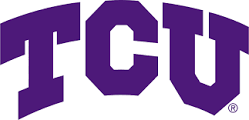
Bachelor of Science in Sport Psychology
The Bachelor of Science in Sport Psychology at Texas Christian University is an in-depth program designed to provide students with a strong educational foundation for pursuing a professional career and graduate studies in sport psychology, exercise psychology, or sport sociology. The program is also well-suited for students aiming for academic positions or sport and exercise psychology consulting roles after graduation. The curriculum was highly specialized to include a core of 47 hours in Sport Psychology, encompassing a Kinesiology Core with courses like Introduction to Kinesiology, Anatomical Kinesiology, Motor Behavior, Biomechanics, and Exercise Physiology. Foundation courses include Psychology of Sport, Sociology of Sport, Exercise Psychology, Physical Activity and Disability, Seminar in Kinesiology, and Health and Stress Management. Students also choose from various emphasis courses such as Foundations of Sports Injuries, Motor Development, Theory of Coaching, Individual and Dual Sports, Principles of Strength and Conditioning, Senior Research in Kinesiology, and Senior Internship. This comprehensive program prepares students for a wide range of career paths in sport psychology and related fields, offering a robust combination of theoretical knowledge and practical application.
Accreditation
Parker University

Bachelor of Science in Sport Psychology
The Bachelor of Science degree in Sports Psychology from Parker University was developed to reflect current trends on scientific research and psychological theory in sports psychology. The curriculum was designed to include foundational courses in general psychology, applied sport psychology, exercise science, and positive leadership as part of an excellent preparatory program for students looking to attend graduate school and build a career in the professional sports world. This program from Parker University is fully online and offers post graduate support and high caliber instructors to give students a head start in their professional career.
Accreditation:
Texas A&M University Kingsville

Bachelor of Science in Kinesiology (Exercise Science/Performance Psychology)
This Kinesiology program at Texas A&M University-Kingsville is a specialized degree plan tailored for students interested in various dynamic careers, including coaching, personnel management, human services, and various therapy systems. Like the other programs listed, this degree also provides an excellent foundation for those pursuing a professional career or graduate studies in psychology and rehabilitation. A distinctive advantage of this program over others is the requirement of a minor in psychology, which not only better prepares students for future graduate studies but also complements the kinesiology major by providing a deeper understanding of psychology principles as they apply to sports performance. The curriculum is designed to equip students with a comprehensive understanding of both the physical and psychological aspects of human performance. It makes it ideal for those who blend these two critical areas in their professional journey. As the program offers a unique blend of theory and practical application, graduates are prepared for various career paths in health and kinesiology.
Accreditation:
Online Bachelors Degree in Sports Psychology in Texas
Abilene Christian University
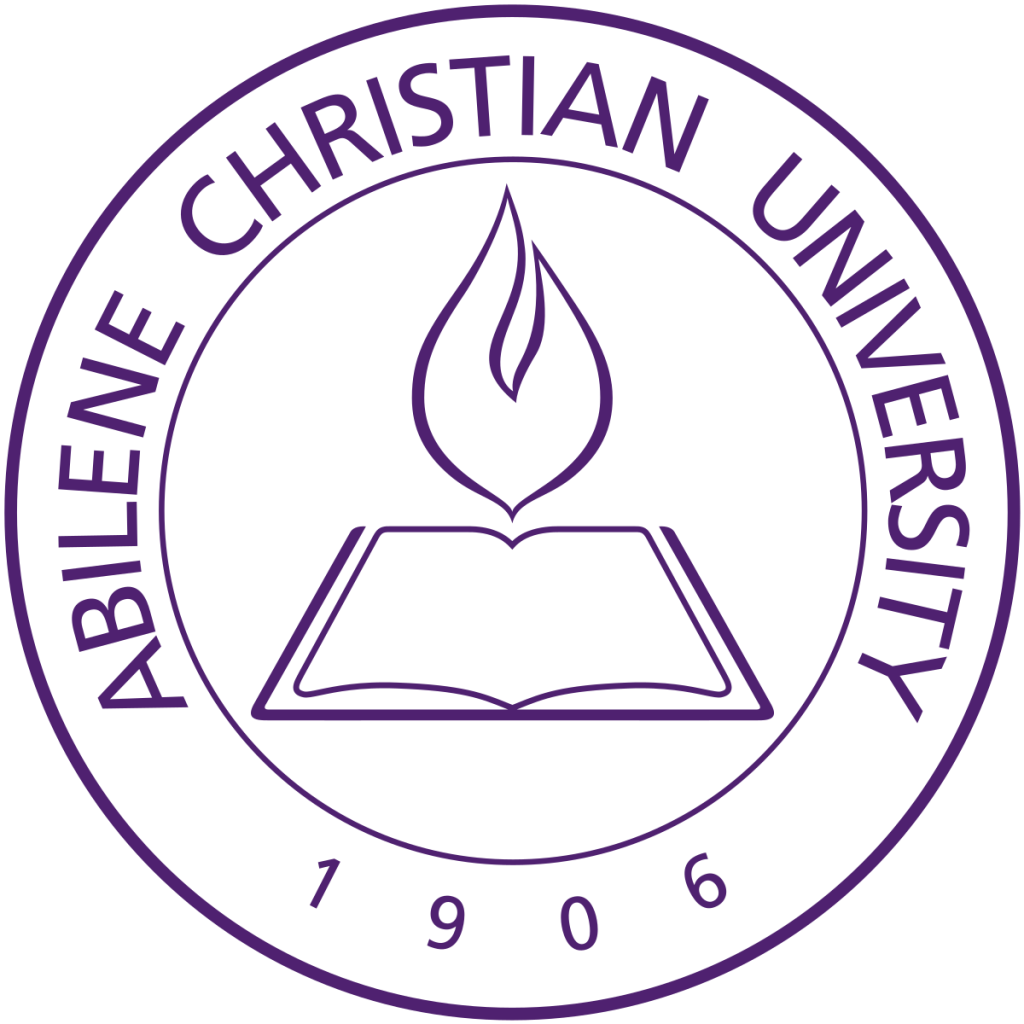
Bachelor of Science in Psychology
The Bachelor of Science in Psychology at Abilene Christian University is an immersive online program designed for busy individuals looking to build foundational knowledge on the complexities of human behavior and mental processes. The course requires 128 credit hours and offers a comprehensive exploration of theories of human behavior and practical applications. The curriculum was crafted for students to develop a versatile skill set emphasizing observation, communication, and analytics. These skills would ideally be applicable across a broad range of studies and is ideal for those intrigues behind human decision-making and habits, especially for those looking to pursue a long career in sports psychology.
Accreditation:
Texas Masters Degree in Sports Psychology
Further your knowledge with these Masters Degrees in Sports Psychology.
University of North Texas
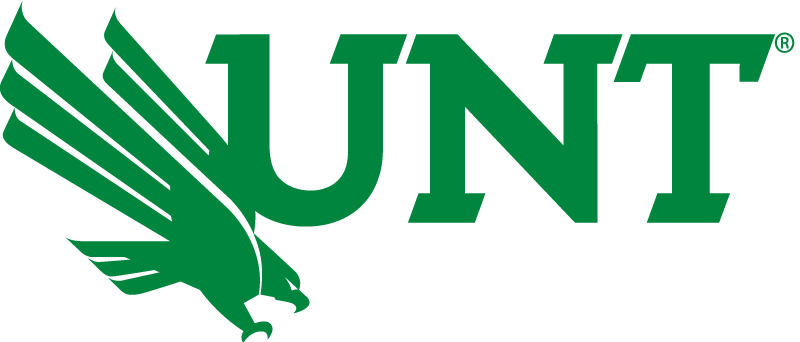
Master of Science in Kinesiology with an emphasis in Sport and Exercise Psychology
The program requires a total of 36 hours, including 15 hours of core kinesiology courses and 21 hours of additional coursework that will enable the development of a specialization such as sport and exercise psychology. Sport and exercise psychology electives include Exercise and Health Psychology, Social Psychology of Sport, Applied Sport Psychology, and Measurement and Assessment in Sport and Physical Activity. Students may also take a sport or exercise psychology practicum for at least one year while they are in the program. To be admitted, you must have a bachelor’s degree from a regionally accredited institution and a 3.0 grade point average or higher on all undergraduate work OR a 3.0 GPA on the last 60 hours of your undergraduate degree OR a 3.4 GPA on your master’s degree.
Accreditations
Texas Christian University

Master of Science in Kinesiology with an Emphasis in Sport Psychology
The Master of Science in Kinesiology with an Emphasis in Sport Psychology degree at Texas Christian University requires students to finish 36 credits. This graduate program integrates training in the disciplines of exercise psychology and human movement with opportunities for professional growth. A bachelor of science or bachelor of arts degree with a 24-hour concentration in kinesiology, or its equivalent, from an accredited college or university is required. Applicants with a natural sciences concentration besides kinesiology will also be considered for admission. A minimum undergraduate GPA of 3.0 is required for consideration in this program.
Accreditation
Texas Tech University

Master of Science in Kinesiology with A Specialization in Motor Behavior and Exercise and Sport Psychology
The Master of Science in Kinesiology degree program offers thorough education in Motor Behavior/Exercise and Sport Psychology. This degree requires at least 36 hours of graduate coursework and offers both thesis and non-thesis options. The thesis option requires the completion of a research project culminating in a thesis and its defense, which accounts for 6 of the 36 hours. The non-thesis option requires 36 hours of coursework as well as passing a comprehensive evaluation. For application evaluation purposes, unofficial copies of transcripts and test scores are required. Students who are accepted must submit official transcripts, diplomas/degree certificates, and test scores.
Accreditation
University of St. Thomas Houston
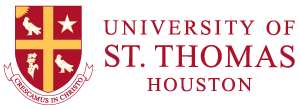
Master of Arts in Applied Sport and Performance Psychology
Offered online and on-campus, this program will provide students with the expertise to help individuals accomplish their performance and growth goals through evaluation and intervention. Graduates will be prepared to work with a range of athletes (youth, elite, masters, recreational), coaches, non-sport performers (dancers, musicians), business professionals, and tactical jobs (military personnel) to improve their performance and general well-being psychologically. For the degree, 36 credits must be completed with a “B” or greater overall grade point average (3.00 GPA). A baccalaureate or advanced degree in psychology from a regionally accredited institution with a cumulative GPA or last 60 credit hour GPA of 3.0, official transcripts from all institutions attended, a two-page personal essay describing the applicant’s academic goals and interests in applied sport and performance psychology, two professional letters of recommendation, and a resume/CV are all required for admission.
Accreditation
Texas Doctoral Programs in Sports Psychology
Gain the experience and broaden your knowledge required with these Doctoral Programs within the state of Texas.
University of North Texas

Ph.D. Counseling Psychology with an Emphasis in Sport Psychology
The Ph.D. program in Counseling Psychology offers a specialization in sport psychology as part of its elective cluster. Students who complete the program graduate as independent, certified psychologists with the knowledge, abilities, and experience necessary to work with players, coaches, teams, and sporting organizations. Students may also choose to take additional coursework through the sport psychology elective cluster in order to fulfill the certification or specialization requirements of professional sport psychology organizations, such the Association for Applied Sport Psychology. Graduate students are trained within the wide context of the scientist-practitioner model through the counseling psychology program and the sport psychology elective cluster. Prescribed coursework in general psychology, counseling psychology, sport psychology, and the exercise sciences is used to complete this program. Additionally, over the course of their 4-6 years in the program, students complete distinct individual, group, and sport psychology practica that give them real-world experience. A genuine commitment on the part of the applicant is necessary for this program. A minimum of 101 more semester hours are needed to earn the Ph.D. in counseling psychology, along with a one-year supervised internship. The program can be finished in five years by students who can give their studies their full focus. The average student needs roughly six years.
PhD in Educational Psychology with a specialization in Psychosocial Aspects of Sports and Exercise
Students in this program take courses in applied sport psychology, health and exercise psychology, and social psychology of sport in addition to learning about research design and technique linked to the study of sport and exercise psychology. Students get hands-on experience that is relevant to the development, effectiveness, and evaluation of interventions and programs in the contexts of sport, exercise, physical rehabilitation, performing arts, and military settings. Students get the chance to gain useful teaching experience at the college level. Students interested in pursuing employment in academia, or in research-based, non-profit, and governmental organizations, should enroll in this program. For participants joining the program with a related Master’s degree, the degree requirements include 63 semester hours (e.g., kinesiology, psychology). The precise number of hours will change depending on the individual student’s history and advisor’s suggestions.
Accreditations
Career & Salary Opportunities in Sports Psychology in Texas
Sport psychology can be used in a variety of settings, ranging from youth sports to world champion athletes and teams, and everything in between. A sport psychology education will help you become a better manager, mentor, and motivator. For those interested in the field of sport psychology, the following positions and their requirements are listed:
Applied Sport Psychologist
Applied sports psychology is the study and application of psychological principles of human performance in helping athletes continuously perform in the top range of their abilities and more truly enjoy the sports performance process. An applied sports psychologist may do research, teach courses on the topic, or work as a cognitive performance specialist with athletes, teams, businesses, and other groups. As a specialist, research may very well be involved, but it’s more probable that the job will involve working with athletes and individuals directly or developing programs and systems that can help those who want to better their physical and mental health. The position and workplace will determine the level of education required.
Clinical Sport Psychologist
When applied to sports and athletes, a clinical sport psychologist examines the athlete on a physical and mental level, and looks to help athletes maximize performance and increase their own mental well being. Many professional and amateur teams have positions available for clinical sport psychologists to help ensure that athletes’ mental health is a top priority.
Sport Rehabilitation Therapist
The use of sport psychology to aid in athlete recovery is growing in popularity. Depending on your role, there may be special licensure and education necessary. A certain degree and passing the licensing exams are requirements for becoming a certified physical therapist. However, a bachelor’s degree may be all that is necessary to work as an assistant or to join a team of sport rehabilitation therapists. More advanced degrees will be required for higher positions.
The Bureau of Labor Statistics predicts an 8% increase in psychologist employment between 2020 and 2030. Graduate degrees in sports psychology may also equip individuals with the skills they need to advance in or seek alternative professional pathways.
- Head Athletic Trainer
- Physical Therapist
- Coach or Athletics Director
- Chief Wellness Officer
- Fitness Studies Professor
Texas is a sports fan’s paradise, with the largest sports community in the country. The state is home to 11 professional sports teams from the top four leagues, in addition to numerous minor league teams. Texas is also home to 21 Division 1 collegiate programs and one of the most competitive high school sports scene in the country, in addition to these professional teams. It’s no surprise that, according to recent job postings on ZipRecruiter, the Sport Psychologist job market in Dallas, TX and the surrounding area is growing rapidly.

